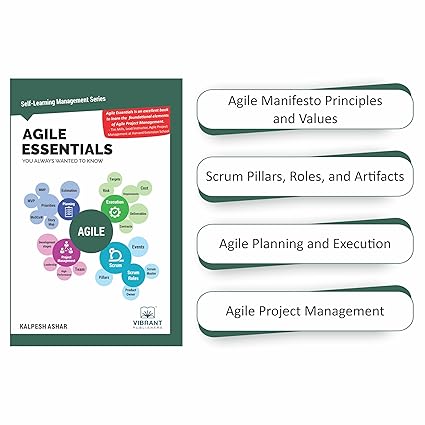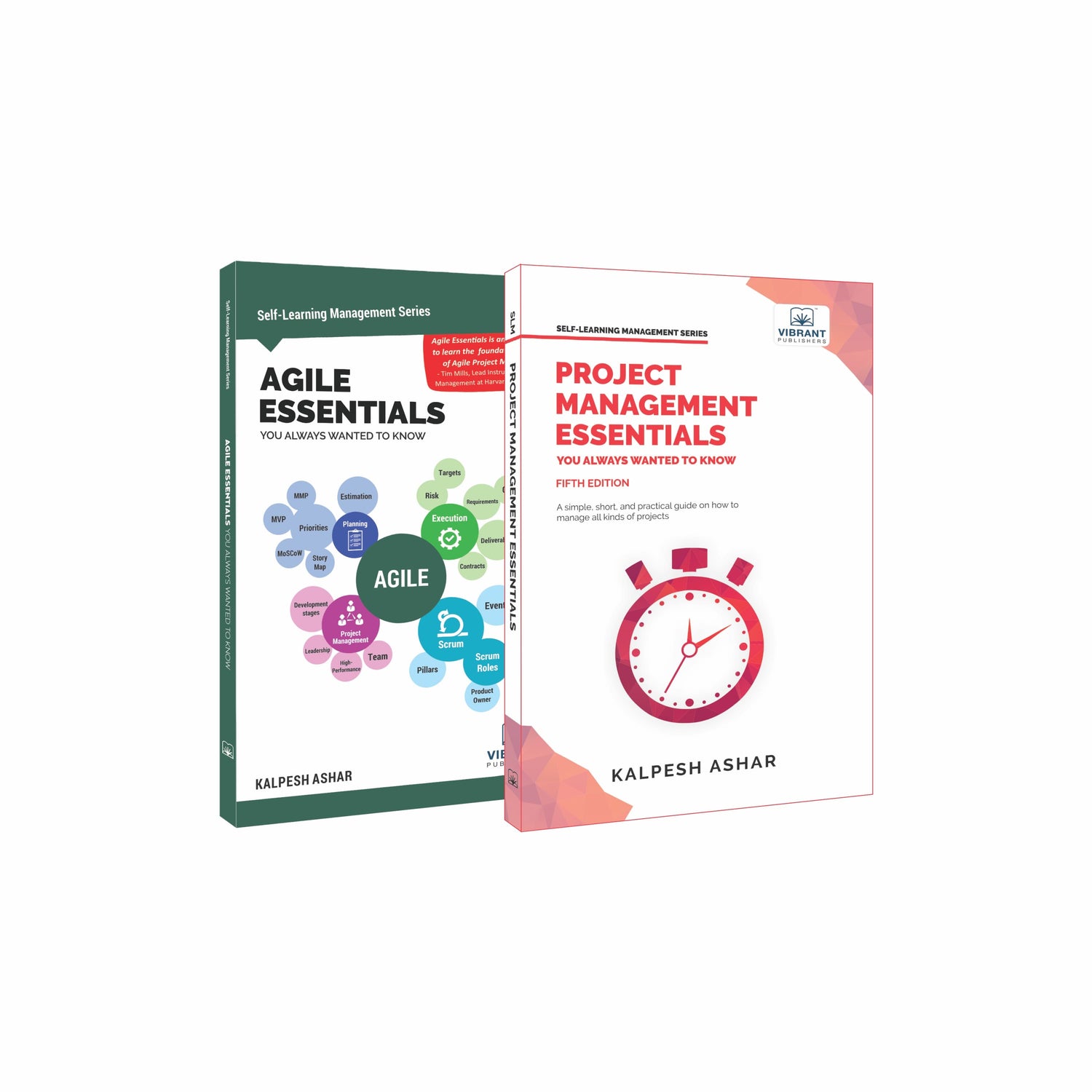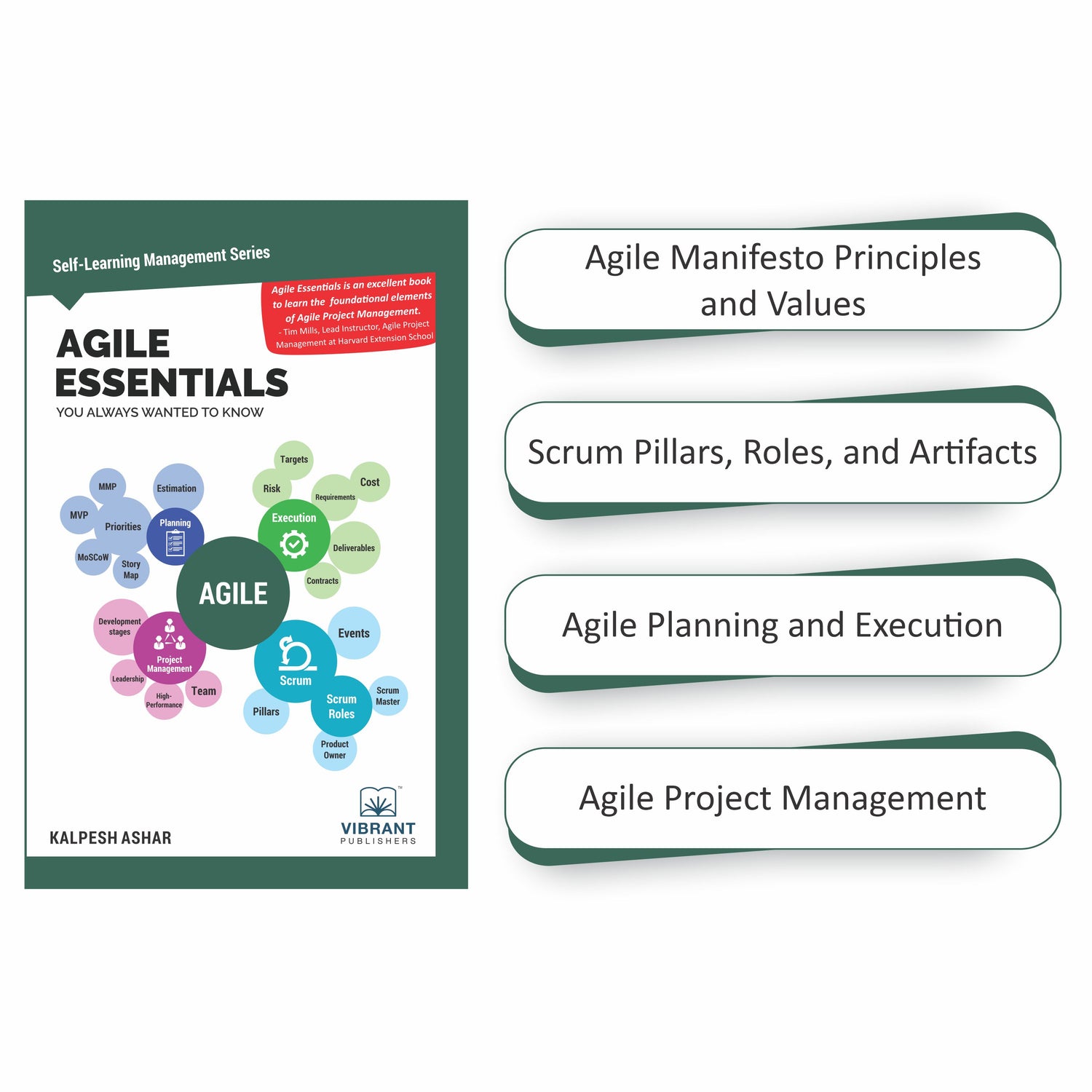
Contract for Service: 5 Things You Need to Know
If you’re running a business, you will need to avail services from different service providers quite frequently, whether it is for the development of your website or for advertising your products or services, or for drafting contracts itself! These service providers are not employees; they are independent contractors and are hired only for a specific project or task.
When you engage a service provider to provide different services to you, you need to lay down the terms relating to the standard or quality or timeline for the provision of services and also the payment of the charges for the provision of services, among other things. You can do this by entering into a “Contract for Service”.
Since these types of contracts are required to be entered into by businesses frequently, founders as well as people supporting the businesses need to know what such contracts need to cover.
Here are five things you need to have inside your “Contract for Service”.
Clearly defined scope of services
Where the services to be provided or availed are not defined clearly, it can create a problem for either or both parties involved. As a service provider, you may end up doing far more than you are paid for, or as a client, you may end up receiving too less than what you are paying for. The service provider may deliver something completely different than what is expected and this can create problems for both parties, since the efforts of the service provider would be wasted and the client will still not get what was expected.
This is why it is very important that the scope of the services is defined as clearly as possible, with the deadlines for delivery clearly indicated. However, often it is not possible to define the services exhaustively and that is why it is necessary to include an authority to a party to determine the quality of services as acceptable or otherwise.
There also needs to be a procedure for incorporating changes as requested by the client and where excessive changes are requested, a mechanism needs to be set up for providing extra charges to the service provider.
Payments based on performance milestones
Often, people make the mistake of hiring service providers with a high advance payment. This may happen because the clients want to get something executed urgently, or where the specific skill of the service provider is difficult to find. However, this would have to be done based on how well you know the service provider. The best way to hire a service provider is if they are referred by someone who is known to you. If that is not the case, then the ideal way of payment is by including performance milestones i.e. payment based on work completed. This way, you will never lose money if the service provider leaves the work halfway. Some points that need to be included within a payments clause are as follows:
- If you are paying a fixed amount to the service provider monthly or quarterly, or fortnightly, etc. over the period of the project, the amount and period need to be indicated clearly. It also needs to be indicated if the amount is subject to any deductions of taxes. You may do this by clearly setting out the goals for them in a Schedule to the contract to be achieved during the period and marking them as Key Performance Indicators. Alternatively, the better way is to list the fixed amounts payable not periodically, but upon completion of specific milestones.
- Clearly set out the process of claiming and reimbursing additional expenses incurred by the service provider (if these are to be reimbursed), including the process of raising invoices and the period within which the invoices will be paid.
- If you wish, you can also mention any incentives or bonuses which may be awarded to the service provider, if the delivery exceeds expectations. While on one hand, it incentivizes the service provider to exceed expectations, care should be taken that this does not become an obligation for the client.
- Do not forget to include the method of payment to the service provider and the day of the month till which such payments shall be disbursed.
- If you are the service provider, you might want to include terms that provide for a penalty or interest on delayed payments.
Ownership of intellectual property created by the service provider
It’s important to ensure that a client who pays the service provider to create intellectual property gets the ownership of any customized intellectual property that the service provider may create at the request of the client. However, sometimes, the intellectual property being provided by the service provider is standardized, for example, a standard software, and in such cases, the client may secure only a license to use such software and may not secure ownership of the software.
Therefore, it is important to clearly provide in the contract as to whether and if yes, what intellectual property will be owned by the client and what intellectual property will be owned by the service provider.
A few points that need to be taken into consideration while drafting the intellectual property clause are as follows:
- Indicate clearly which intellectual property is to be assigned by the service provider to the client and what part is an exception, the ownership of which will be retained by the service provider.
- Where the intellectual property is to be assigned, state that the intellectual property will be assigned from the moment of its creation.
- Include an obligation that the service provider must support with any registrations of the intellectual property in the name of the client.
Confidentiality, non-compete, non-solicit, and non-disparagement clauses
These clauses are added in agreements to ensure that the service provider does not:
- Leak out or disclose any non-public information that is shared with the service provider while performing the services
- Start a competing business or simultaneously provide services to a direct competitor of the client
- Take away the client’s employees, consultants or customers
- Bad mouth the company during or after providing the services
A few points to be taken care of while drafting these clauses are:
- These clauses must be kept as broad as possible from a client’s perspective, and as clear as possible from a service provider’s perspective. For example, what can be considered “confidential information” should be broadly defined, but should be clear, so that there are no doubts about whether something can be considered confidential or not.
- It might be excessive to ask an independent service provider to not provide services to all businesses which are in a similar space as the client. Therefore, it is essential to define exactly what will be considered a competing business and restrict the service provider from providing services simultaneously to only such businesses.
- Confidentiality clauses should also include clauses relating to a possible data breach or security breach and also provide for the return of confidential information.
- All of these clauses should be valid not only for the duration of the agreement but also thereafter, for a reasonable period to ensure that there are no adverse consequences for the client.
Preferred governing law and dispute resolution mechanism
This clause is very relevant in any commercial contract, especially in international contracts, because there can be two countries involved, and both parties to the contract would want to choose their own governing laws to apply to the contract. Whichever party has an upper hand in the negotiation will be able to ensure that the governing law for such party becomes included in the contract. However, in certain situations, it might actually be advantageous to include the country where the work is actually performed as the country whose governing law will be applied. Further, dispute resolution mechanisms should be chosen with care. Usually, commercial contracts provide for alternative dispute resolution mechanisms because parties do not want to go through the lengthy process of litigation to resolve disputes. But even in alternative dispute resolution mechanisms, the parties have choices between using arbitrators or arbitration institutions and mediators or mediation institutions. Mediation usually provides greater flexibility and therefore, the trend is to choose mediators or use mediation institutions rather than arbitration.
In addition to the above, there would be other clauses also included in such contracts such as terms of the contract and conditions for termination, indemnification, notices, etc. as well, however, the above clauses are the heart of a contract for service and these should be drafted with a lot of care.
Want to learn more about business laws in the US? Read our upcoming book, Business Law Essentials You Always Wanted To Know by Komal Shah. This crisp book includes only the most important and relevant laws that affect businesses in the US in lucid and straightforward language. The Advance Review Copy of this book is now available. Click here to review this book.
About the Author
Komal Shah has 20 years of experience in corporate law and corporate governance. She led the Initial Public Offering of Indian Infoline Limited and has worked in various in-house roles in companies like DEPFA Bank, Citibank, and Northern Trust. She is the co-founder of LawSikho, a legal ed-tech company where she leads the business legal clinic and teaches students to work and develop hands-on expertise in international contract drafting and compliance-related work. She has helped numerous startups located in India, the US, UAE, Singapore, Australia, etc with contracts, entity formation in the US, flipping, acquisitions, corporate structuring, and investment transactions.
Share











